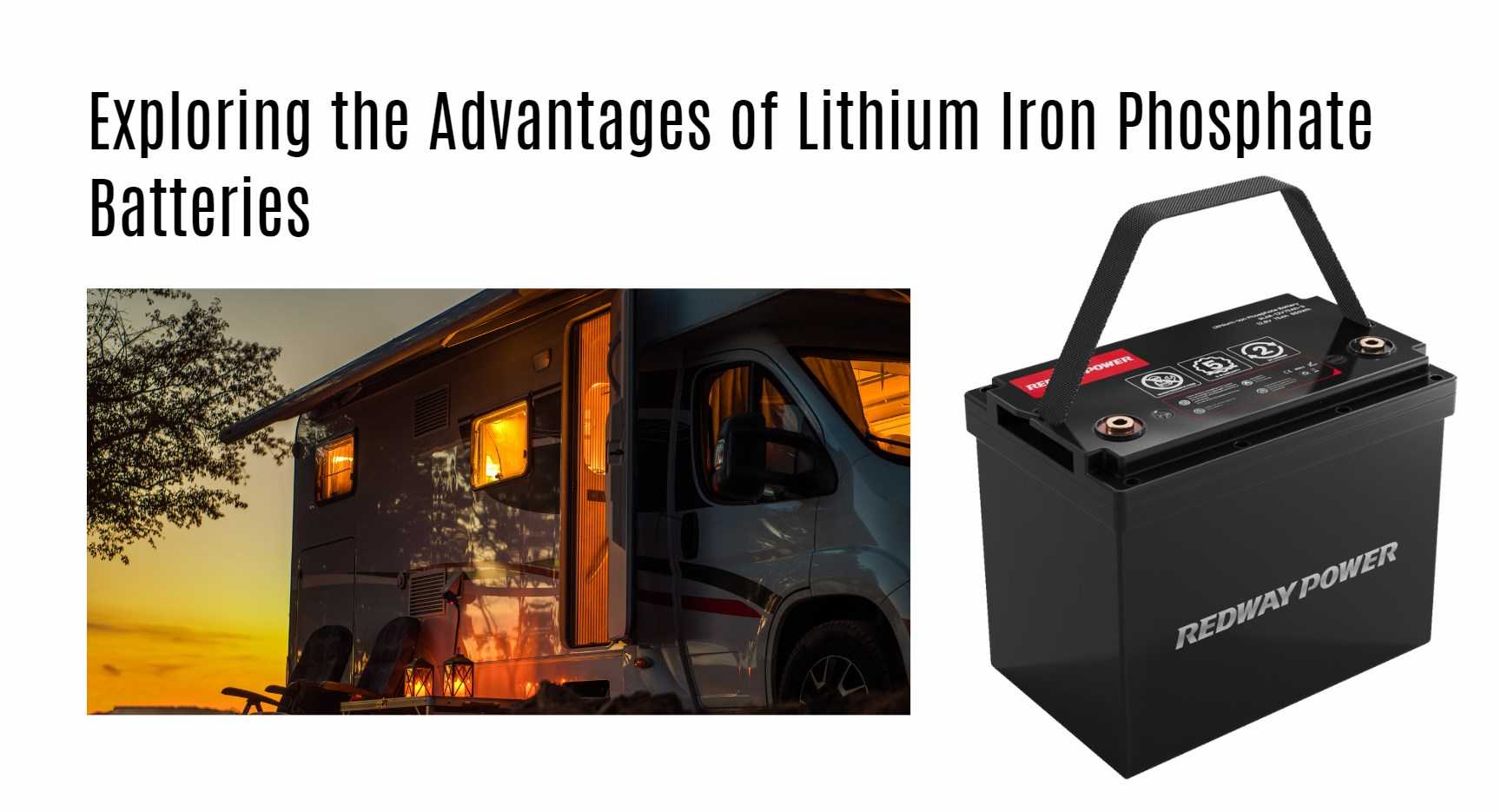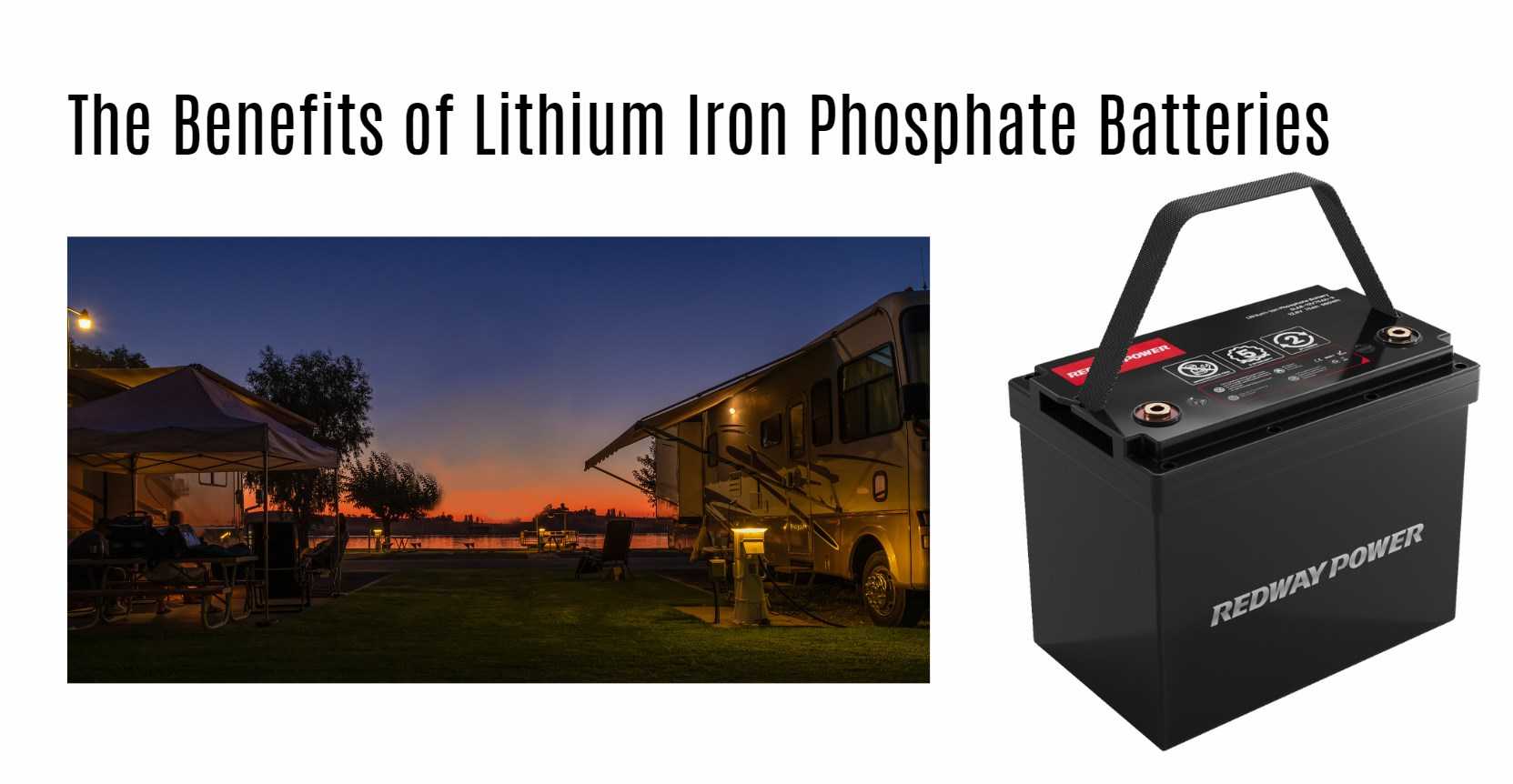Welcome to the world of Lithium Iron Phosphate batteries! In today’s fast-paced world, we need reliable and efficient energy storage solutions that can keep up with our demanding lifestyles. Lithium Iron Phosphate batteries are quickly becoming a popular choice due to their many advantages over traditional lead-acid batteries. In this blog post, we’ll explore the features, benefits, and how to choose the right Lithium Iron Phosphate battery for your needs. So buckle up as we take you on an exciting journey through the world of Lithium Iron Phosphate batteries!
What are Lithium Iron Phosphate Batteries?
Lithium Iron Phosphate batteries, also known as LiFePO4 batteries, are a type of rechargeable battery that is becoming increasingly popular due to their many advantages over traditional lead-acid batteries. These batteries use lithium-ion technology and are made from iron phosphate rather than cobalt or nickel, which makes them more environmentally friendly.
One of the most significant benefits of Lithium Iron Phosphate batteries is their high energy density. This means they can store more energy in a smaller space compared to other types of batteries. They are also highly reliable and have long lifespans with very little maintenance required.
Wholesale lithium golf cart batteries with 10-year life? Check here.
In addition to their reliability and efficiency, Lithium Iron Phosphate Batteries have excellent safety features since they do not contain any toxic materials or liquids that could leak out. They also have built-in protection against overcharging or overheating, making them ideal for various applications such as electric vehicles (EVs) and renewable energy storage systems.
Lithium Iron Phosphate Batteries offer an innovative solution for our growing need for clean and sustainable energy sources. Their unique properties make them a promising option for numerous industries looking to reduce environmental impact while improving efficiency at the same time.
Want OEM lithium forklift batteries at wholesale prices? Check here.
The Benefits of Lithium Iron Phosphate Batteries
Lithium Iron Phosphate (LiFePO4) batteries are the latest innovation in rechargeable battery technology. They are renowned for their durability, low maintenance requirements, and high energy density. Here are some of the benefits of using Lithium Iron Phosphate Batteries:
Firstly, LiFePO4 batteries have a much longer lifespan compared to other types of rechargeable batteries such as lead-acid or nickel-cadmium batteries. This means that they require fewer replacements over time, reducing costs and minimizing waste.
Secondly, these batteries offer superior safety features due to their stable chemistry which eliminates the risk of overheating or explosion during charging or discharging processes.
Thirdly, Lithium Iron Phosphate Batteries have a higher discharge rate than traditional lead-acid or NiCad counterparts. This makes them ideal for applications requiring high power output like electric vehicles and renewable energy systems.
Lastly but not least important is the fact that they can withstand extreme temperatures without affecting performance; from -20°C to 60°C making them suitable for use in harsh environments.
In summary, adopting Lithium Iron Phosphate Battery technology provides numerous advantages including better longevity, enhanced safety measures and improved functionality regardless of environmental conditions.
Features of Lithium Iron Phosphate Batteries
Lithium Iron Phosphate batteries are known for their unique features that set them apart from other battery types. These batteries have a long cycle life, meaning they can be charged and discharged numerous times without losing their capacity. Additionally, they have a high rate of discharge which makes them ideal for high-power applications.
Another feature of Lithium Iron Phosphate batteries is their safety. Unlike traditional lithium-ion batteries, these batteries are less prone to overheating or catching fire due to their stable chemistry and lack of volatile materials. This makes them an excellent choice for use in electric vehicles and energy storage systems.
In terms of size and weight, Lithium Iron Phosphate batteries offer a compact design that allows for easy installation in various devices. They also have a wide operating temperature range which enables them to perform well even in extreme environments.
Furthermore, these batteries require minimal maintenance compared to other battery technologies due to their self-discharge rate being lower than most battery types. This means they can be stored for longer periods without needing frequent charging.
The features of Lithium Iron Phosphate Batteries make it clear why they are gaining popularity among different industries such as automotive, telecommunications and renewable energy sectors where reliability is key.
How to Choose the Right Lithium Iron Phosphate Battery
When choosing the right lithium iron phosphate (LiFePO4) battery, there are a few factors you should consider. First and foremost, determine your power needs. How much energy do you need to store? This will help you determine the capacity of the battery that is suitable for your application.
Next, consider the voltage requirements of your device or system. LiFePO4 batteries typically have a nominal voltage of 3.2V per cell, so you may need to connect cells in series or parallel to achieve the desired voltage.
Another important factor is cycle life – how many times can the battery be charged and discharged before it starts to degrade? LiFePO4 batteries have an impressive cycle life compared to other lithium-ion chemistries.
You should also look at the maximum discharge current rating of a LiFePO4 battery if high currents are needed for your application.
Size and weight considerations cannot be ignored when choosing a LiFePO4 battery as they can vary greatly depending on their capacity and configuration. Consider where and how you plan on using the battery before making your final decision.
Carefully considering these factors will help ensure that you choose a Lithium Iron Phosphate Battery that meets your specific needs while providing reliable performance with long-lasting durability.
Conclusion
To sum it up, lithium iron phosphate batteries are a great alternative to traditional lead-acid batteries due to their numerous benefits. They are more efficient, durable, and environmentally friendly as they do not contain toxic materials that could harm the environment.
When choosing the right lithium iron phosphate battery for your needs, be sure to consider factors such as capacity, voltage, and size. It is also important to purchase from a reliable supplier who can provide quality products and customer support.
Switching to lithium iron phosphate batteries may require an initial investment but in the long run it will prove cost-effective through its durability and efficiency. Plus you’ll be doing something good for our planet’s health!







